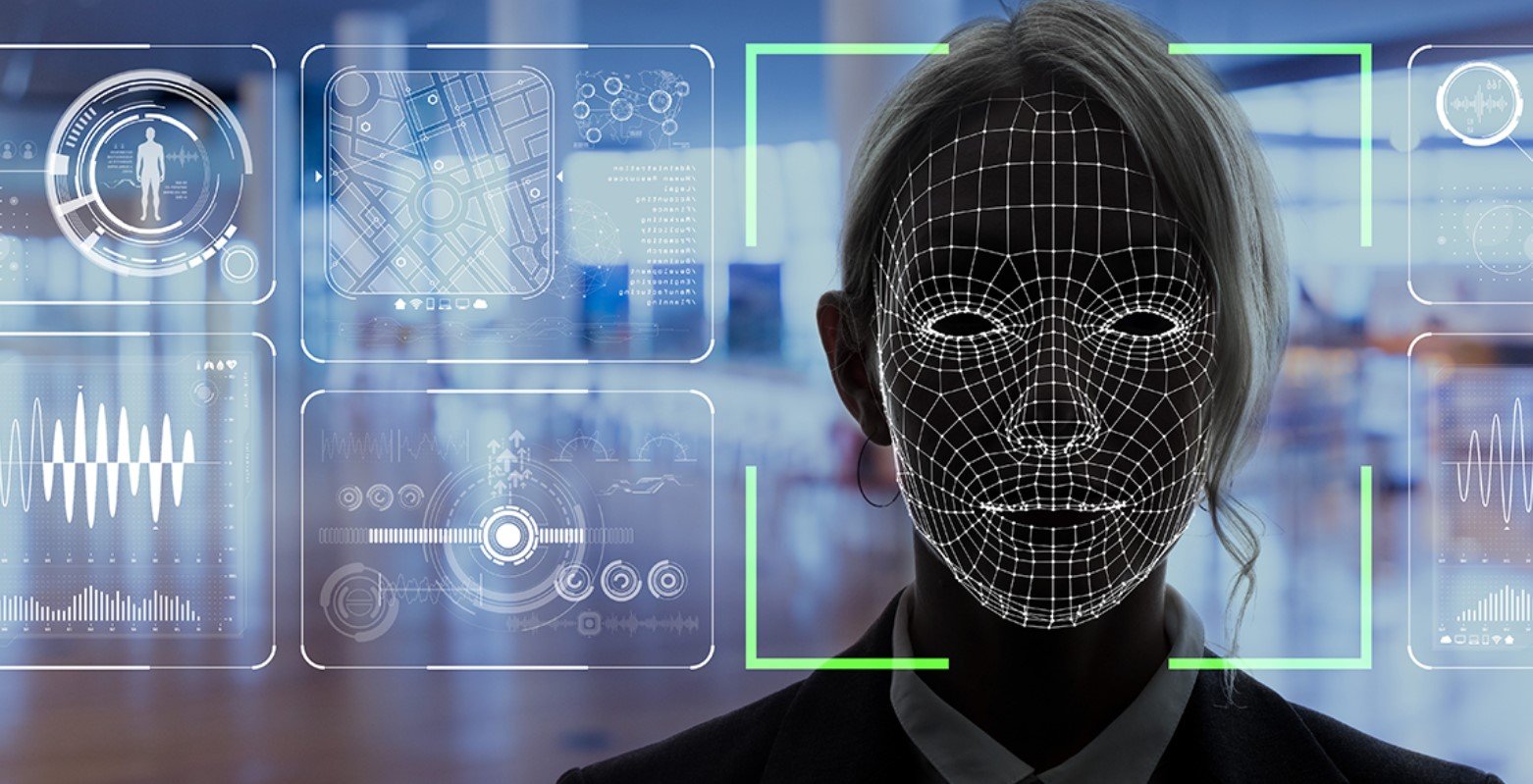North Wales Police has announced the introduction of live facial recognition (LFR) technology at specific events across the region. This move follows a successful trial earlier this year at Holyhead Port. The primary aim of this technology is to enhance public safety and assist in identifying serious offenders who pose significant risks to the community. The initiative has garnered substantial public support, with 82% of respondents in a survey expressing approval for the use of LFR by the police.
Enhancing Public Safety
North Wales Police’s decision to implement LFR technology is driven by the need to keep the public safe. The technology works by comparing live camera feeds of faces in a focused area against a predetermined watchlist in real-time. This watchlist includes individuals wanted by the police and courts, as well as those who may pose a risk of harm to themselves or others. When a possible match is identified, an officer will compare the camera image to the person they see and decide whether or not to approach them. This process ensures that the decision to engage with a person is always made by a police officer.

The use of LFR technology is not only about identifying offenders but also about preventing potential threats. By deploying this technology at specific events, North Wales Police aims to create a safer environment for everyone. The presence of LFR technology acts as a deterrent to those who may consider engaging in criminal activities. Additionally, the technology helps in locating missing persons, thereby providing a valuable tool for the police in their efforts to protect the community.
Public support for LFR technology is crucial for its successful implementation. North Wales Police has committed to ensuring that the use of this technology is legal, ethical, and legitimate. The force will do everything reasonably possible to inform the public about when and where LFR is being used, including the use of clearly identifiable signage at deployment sites.
Addressing Privacy Concerns
While the introduction of LFR technology has been met with support, it has also raised concerns among privacy advocates. The primary concern revolves around how data is stored and used. North Wales Police has addressed these concerns by implementing strict guidelines to protect individuals’ privacy. Images and biometric data of persons who do not trigger an alert are automatically and immediately deleted. This ensures that only relevant data is retained, minimizing the risk of misuse.
The police have also emphasized that individuals who are not on the watchlist cannot be identified by the LFR technology. This means that the technology is focused solely on those who pose a potential threat or are wanted by the authorities. By maintaining this focus, North Wales Police aims to balance the benefits of LFR technology with the need to protect individual privacy.
To further alleviate privacy concerns, North Wales Police provides informational leaflets to individuals who are approached following a possible match. These leaflets contain contact details for those who have further questions or concerns about the use of LFR technology. This transparency is intended to build trust between the police and the community, ensuring that the public remains informed and engaged.
Future of Facial Recognition in Policing
The successful deployment of LFR technology by North Wales Police marks a significant step forward in the use of advanced technologies in policing. The force plans to continue working with colleagues from South Wales Police to refine and expand the use of this technology. By leveraging the latest advancements in facial recognition, North Wales Police aims to stay ahead of emerging threats and enhance their ability to protect the public.
The future of facial recognition in policing is likely to see further advancements and wider adoption. As the technology continues to evolve, it will become an even more powerful tool for law enforcement agencies. However, it is essential that the use of such technology remains transparent and accountable. North Wales Police’s commitment to legal, ethical, and legitimate use of LFR technology sets a positive example for other forces considering similar initiatives.
In conclusion, the introduction of LFR technology by North Wales Police represents a proactive approach to enhancing public safety. By addressing privacy concerns and maintaining transparency, the force aims to build public trust and support for this innovative technology. As facial recognition technology continues to develop, it will play an increasingly important role in modern policing, helping to create safer communities for all.


































